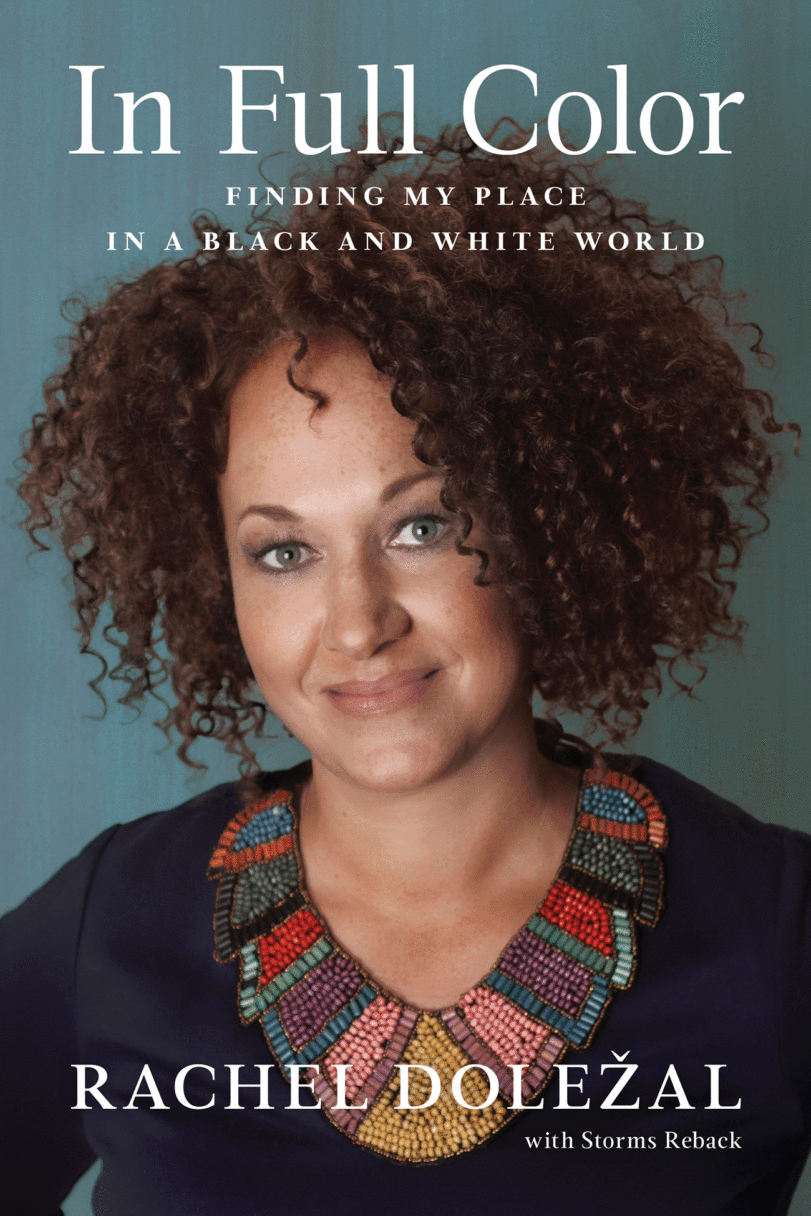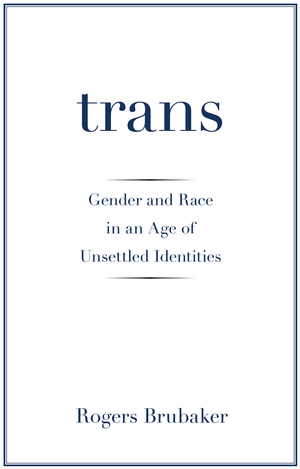Rachel Dolezal: ‘I’m not going to stoop and apologise and grovel’Posted in Arts, Interviews, Media Archive, Passing, United States on 2017-03-02 01:51Z by Steven |
Rachel Dolezal: ‘I’m not going to stoop and apologise and grovel’
The Guardian
2017-02-25
Two years ago, she was a respected black rights activist and teacher. Then she was exposed as a white woman who had deceived almost everyone she knew. Why did she do it?
Spokane is a modest town of wide streets and snow-capped horizons in Washington state, 90 miles from the Canadian border. Its population is 91% white, and voted heavily for Donald Trump. The lunchtime crowd in a downtown hotel bar is too absorbed in the ice hockey game on big screens to notice the woman who sidles into the lobby, and though curious to see what kind of attention she would attract, I feel relieved for her. Her great spiralled mane bounces as she approaches in a jade dress and heels, but only a fool would mistake the look for self-assurance.
Two years ago, life was going well for Dolezal. Branch president of the National Association for the Advancement of Colored People (NAACP) and chair of Spokane’s police ombudsman commission, she was well known and respected for her civil rights activism. Her Eastern Washington University students adored her; her 21-year-old son was about to intern for a diversity advocacy group in Washington DC; her younger son was doing well in high school. When a local TV news crew arrived one afternoon to interview her, Dolezal thought they were there to talk about hate crimes.
“Are you,” asked the reporter, “African American?” Like a cartoon, her features froze. “I don’t understand the question.” The reporter pressed, “Are your parents white?” Dolezal turned from the camera and fled…
…The 39-year-old says she can count the friends she has left in town on her fingers. “Right now the only place that I feel understood and completely accepted is with my kids and my sister.” She has written a memoir, titled In Full Color, but 30 publishing houses turned her down before she found one willing to print it. “The narrative was that I’d offended both communities in an unforgivable way, so anybody who gave me a dime would be contributing to wrong and oppression and bad things. To a liar and a fraud and a con.”….
Read the entire article here.



